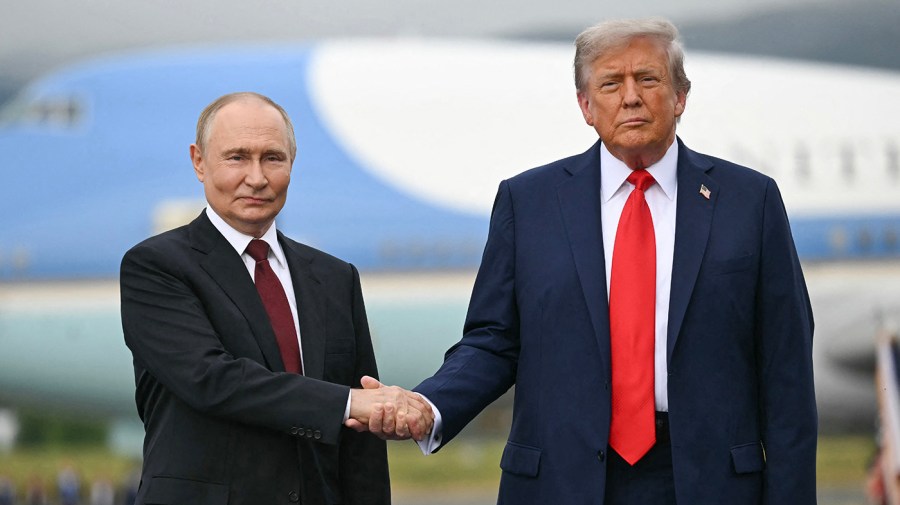U.S. officials have expressed concerns regarding the status of Russia’s commitment to provide security guarantees for Ukraine, initially touted as a significant concession during a summit between President Donald Trump and Russian President Vladimir Putin in Alaska earlier this month. The promise of “NATO-like” security measures aimed at enhancing Ukraine’s defense capabilities has now been called into question, raising doubts about Russia’s sincerity in negotiations.
During the summit held on January 5, 2024, Trump highlighted a pivotal agreement with Putin, suggesting that Moscow was open to discussing comprehensive peace terms that included security assurances for Ukraine. This announcement was met with cautious optimism from U.S. officials, who viewed it as a potential breakthrough in the ongoing conflict between Russia and Ukraine.
Shortly after this declaration, however, the situation shifted dramatically. Reports indicate that Russia has shifted its stance, now insisting on an effective veto over Ukraine’s ability to forge security alliances with Western nations. This demand appears to contradict the spirit of cooperation suggested during the Alaska summit.
The change in Russia’s position has implications not only for Ukraine but also for broader international relations. Analysts worry that Moscow’s insistence on controlling Ukraine’s security partnerships may effectively undermine any progress made towards a lasting peace agreement. The U.S. government, alongside its NATO allies, has emphasized the importance of Ukraine’s sovereignty and its right to establish its own defense arrangements.
In light of these developments, U.S. officials are reassessing their strategy. The initial optimism regarding Russia’s willingness to engage in meaningful dialogue is fading, and there are growing calls for a robust response to Russia’s recent demands. Some experts suggest that this could lead to increased military support for Ukraine from Western allies as a countermeasure.
As the situation continues to evolve, the international community is closely monitoring Russia’s actions and the implications for regional stability. The prospect of renewed tensions looms as both sides grapple with the complexities of security guarantees and international diplomacy.
In summary, what began as a hopeful dialogue between the U.S. and Russia over Ukraine’s security has spiraled into uncertainty. The evolving narrative raises critical questions about the future of peace efforts and the potential for further escalation in the region.






































































